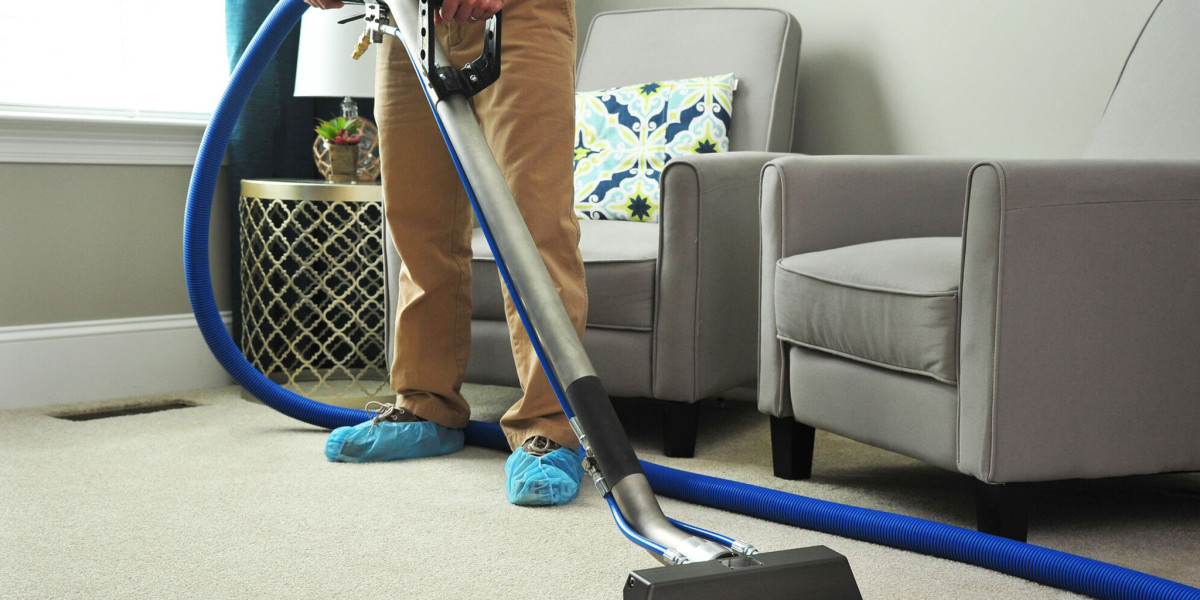Introduction
The rise of the internet and digital technologies has remodeled the landscape of psychological well being care, particularly in the treatment of eating disorders (ED). This case examine examines the effectiveness of online treatment methods for individuals struggling with numerous types of eating disorders, including anorexia nervosa, bulimia nervosa, and binge-consuming disorder. We will discover the benefits, challenges, and outcomes of online treatment, drawing on actual-world examples and analysis findings.
Background
Consuming disorders are complex mental well being situations characterized by extreme disturbances in consuming behaviors and related ideas and emotions. According to the Nationwide Consuming Disorders Affiliation (NEDA), roughly 30 million Individuals experience an consuming disorder sooner or later in their lives. Conventional treatment methods usually contain in-person therapy sessions, nutritional counseling, and sometimes hospitalization. Nonetheless, entry to these companies may be restricted as a result of geographical, financial, or stigma-associated barriers.
The Shift to Online Treatment
With the advent of telehealth and on-line therapy platforms, extra individuals are gaining entry to treatment choices for consuming disorders. Online treatment can embody video therapy sessions, online help teams, and mobile functions designed to supply resources and coping methods. This shift has been significantly significant in the course of the COVID-19 pandemic, which forced many psychological health suppliers to adapt their companies to virtual formats.
Case Instance: Sarah's Journey
Sarah, a 24-yr-previous girl diagnosed with bulimia nervosa, serves as a consultant case for the potential advantages of online treatment. After struggling along with her eating disorder for several years, Sarah faced important barriers to accessing in-individual therapy, together with a lack of obtainable specialists in her rural space and the stigma related to seeking assist.
Initial Assessment
After researching her choices, Sarah began her on-line treatment journey by way of a reputable teletherapy platform. Her initial assessment involved a comprehensive analysis conducted through video name, the place she mentioned her signs, medical historical past, and treatment targets with a licensed therapist specializing in consuming disorders.
Treatment Plan
Sarah’s treatment plan included weekly therapy sessions, cognitive-behavioral therapy (CBT) methods, and entry to a supportive online community of people going through comparable challenges. The therapist additionally beneficial a nutritionist who provided digital consultations to assist Sarah develop a healthier relationship with meals.
Advantages of On-line Treatment
- Accessibility: On-line treatment considerably elevated Sarah's access to specialized care. She no longer needed to journey long distances or look ahead to an appointment, permitting her to have interaction in therapy more persistently.
- Flexibility: The ability to schedule periods at her comfort helped Sarah maintain her work-life stability while prioritizing her psychological well being.
- Anonymity and Diminished Stigma: Online erectile dysfunction treatment offered a sense of anonymity that made it simpler for Sarah to open up about her struggles with out the concern of being judged. This setting fostered a larger sense of safety and willingness to engage in the therapeutic process.
- Supportive Neighborhood: Participation in on-line support teams allowed Sarah to attach with others who understood her experiences, lowering emotions of isolation and providing encouragement throughout her recovery journey.
Challenges of Online Treatment
Despite the advantages, online erectile dysfunction treatment also presents several challenges:
- Technical Points: Sarah occasionally experienced technical difficulties, similar to poor internet connectivity, which disrupted her therapy classes and made it tough to take care of a consistent routine.
- Limited Non-Verbal Communication: The lack of in-individual interplay typically hindered the therapist's capacity to select up on non-verbal cues, which might be essential in understanding a patient's emotional state.
- Self-Motivation: On-line treatment requires a high degree of self-motivation and discipline. If you beloved this article and you would like to obtain more info relating to i need the best erectile dysfunction treatment kindly visit our web-page. Sarah had to actively have interaction together with her treatment plan, together with completing homework assignments and utilizing coping strategies outdoors of therapy sessions.
- Potential for Distraction: Engaging in therapy from dwelling created an setting crammed with potential distractions, which sometimes made it challenging for Sarah to focus fully on her classes.
Outcomes
After six months of on-line treatment, Sarah reported important enhancements in her mental health and relationship with meals. She skilled a reduction in binge-purge cycles, improved vanity, and a better understanding of her triggers. The combination of therapy, nutritional counseling, and peer support empowered her to develop healthier coping mechanisms and establish a more balanced approach to consuming.
Conclusion
Sarah's case illustrates the potential of on-line treatment for eating disorders as a viable various to conventional in-individual therapy. Whereas challenges exist, the benefits of accessibility, flexibility, and neighborhood support can significantly improve the treatment expertise for individuals struggling with consuming disorders. Because the psychological well being landscape continues to evolve, integrating online treatment options into customary care practices might help bridge the hole for these in need, ultimately leading to improved outcomes and recovery for many individuals.
Future Concerns
As online treatment for consuming disorders turns into extra mainstream, ongoing analysis is crucial to guage its long-time period effectiveness and determine finest practices. Moreover, psychological well being professionals have to be skilled to ship care effectively in a virtual surroundings, making certain that patients receive the very best high quality of help, regardless of the medium. By embracing the potential of on-line treatment, we can create a more inclusive and accessible psychological health care system for all people dealing with eating disorders.



